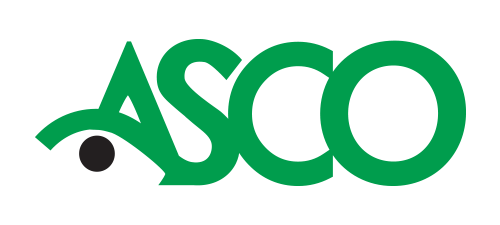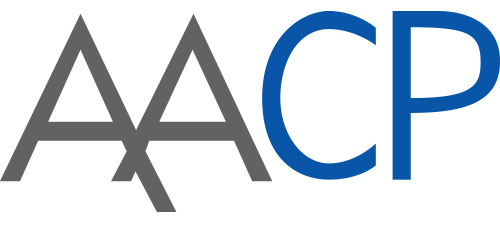As designated by the associations: AAMC, AACOM, ADEA, AAVMC, AACPM, ASCO, AACP
*NOTE: Course requirements vary for each program and profession. Please check the course listing on the school's website.
Biology - 2 intro course requirement - translates to 3 courses at Colorado College:
- Biology - 1 course - BE 105; or BE106; or BE107 - pick one course
- Biology - 2 courses - MB131 and MB201 - need both courses
Chemistry - 5-course requirement
- General Chemistry - 2 courses - CH107 and CH 108
- Organic Chemistry - 2 courses - CH250 and CH251
- Biochemistry - 1 course - CH382
Physics: 2-course requirement
- Physics - 2 courses - PC 141 and PC 142 or PC 241 and PC 242 (calculus-based)
Math: 2-course requirement
- Math - 2 courses - MA117; MA 125; MA 126; MA129 (any 2 courses)
English: 2-course requirement
- English - 2 courses - 1 writing-intensive; 1 literature-based
Courses Highly Recommended by Med, Dental, Vet, etc. Schools
- Psychology - 1 course - PY100 or PY105 *Recommended for MCAT Preparation*
- Genetics - 1 course - MB231
- Anatomy - 1 course - HK204
- Human Physiology - 1 course - HK321
- Microbiology - 1 course - MB320



